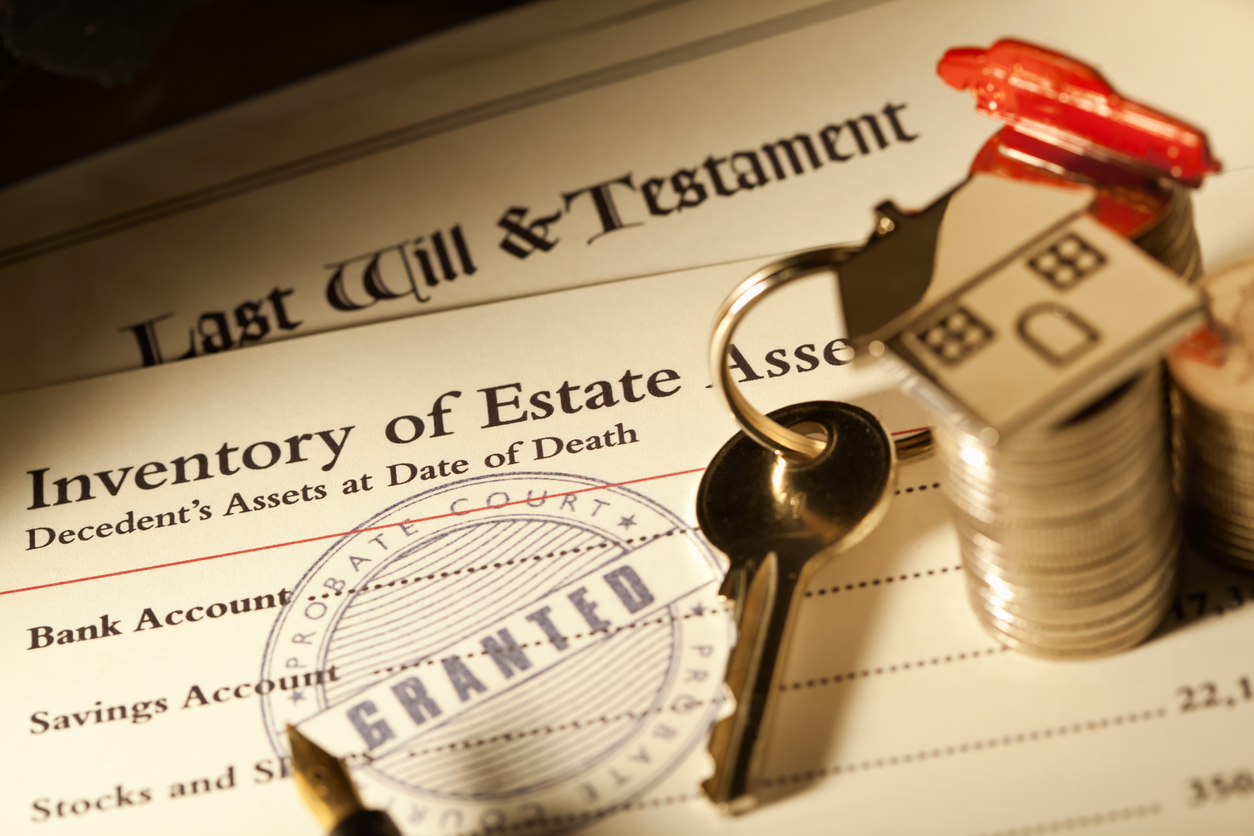To the newcomer, The question of inheritance and succession isn’t the most obvious point of debate when it comes to divorce in Ireland. However, it would surprise you as a family law solicitor that two questions are regularly asked by clients:
- I have/will inherit a substantial inheritance. Will my soon-to-be ex-spouse
have a claim on this money/asset? - I am separated from my spouse but have never formally gone through the
formalities. I want to leave my assets in my will to my children/new partner.
What is the legal position?
Let’s answer the first question.
- I have/will inherit a substantial inheritance. Will my soon-to-be ex-spouse have a claim on this money/asset during the divorce?
Unfortunately like a lot of legal issues, this is not a black-and-white answer. In general, yes the general principle is that one spouse’s inheritance is their own property and is not part of the pool of assets to be divided upon divorce. However, this is not an absolute position. Each person’s factual scenario should be treated differently and assessed individually. Contrast the two positions of a person with a one-year marriage whose spouse inherited €500k during the marriage versus a marriage where one spouse inherited a family farm 30 years before the marriage fell apart. As you can see, they are very different situations. The key to remember is that in every Divorce case, a judge must divide all available assets in order to make proper provisions for both spouses going into the future. In a case where one spouse has an inheritance, the law allows inherited assets to be put into the family pot to be distributed between both spouses. The question is how often it does this. Irish law operates on the basis of precedent. This means that judges in the lower court are bound to follow the judgments in the higher court. There are a few cases that discuss this whole issue of inheritances and can be read on the courts.ie website. For example, the case of the family farm is called HN -v- BN and although it is quite complex, allowed a husband of 6 years to be awarded 32% of the total assets (which mainly comprised the wife’s inherited family farm) of €2.6 million. The more common situation where inheritance would not be deemed to be ring-fenced is where inheritance is needed to be utilised in order to make proper provisions for both spouses going forward. For example, it could be ordered in a situation where there is one family home valued €400k with a €200k mortgage, that the husband who inherited €200k might transfer €100k to discharge some of the mortgage in order to allow the wife take over the mortgage. This is turn could
enable the husband to be taken off the mortgage and get a new mortgage of his
own.
So the bottom line, is that every situation is different and legal advice should be obtained before agreeing on anything where inheritance is involved. It is also perhaps advisable when you have conclusively decided that your marriage is over that you initiate legal proceedings promptly where you feel that you may inherit in the future.
2. I am separated from my spouse but have never formally gone through the formalities of divorce. I want to leave my assets in my will to my children/new partner. What is the legal position here?
This is a situation that arises very commonly in Ireland for some reason. It is the reason why some clients reach out to us to legally formalise their divorce when they have done nothing about it for years. It is because of the not always well-known legislation governing the legal right share of a spouse.
This is where upon the death of one spouse, the other spouse becomes entitled to a share of the deceased’s spouse estate. To be clear, a spouse is still a spouse until a court has ordered the end of your marriage and made an order extinguishing each spouse’s succession act rights or you have an agreement in place extinguishing those rights. You may not have spoken to your ex-husband for twenty years but he is still your spouse under the act unless you have gone to court or executed an agreement.
The amount of the share, the spouse is entitled to depends on whether a will is made and the amount of children that exist. For example, if no will or children exist, the informally separated spouse is entitled to the entire estate. This reduces to two-thirds if there are children. If there is a will, the portion is half the estate or one-third if there are children.
This can lead to what many would consider an injustice whereby one spouse’s new partner may not inherit as much as they thought just because their deceased spouse never took the steps to formalise their position. You might think that people would not be so illogical but put this in the context of the fact that only 30% of Irish people have made a will. In my experience, the problem seems to be that people naturally do not want to upset the status quo and that by poking the bear now, their current position could become worse. It is understandable in circumstances where one spouse has been allowed live in a valuable home indefinitely. Were they to initiate divorce proceedings, to realise the other person’s value, the house may inevitably have to be sold. It is why I generally advise people to grasp the nettle early and address the situation before these situations develop as having peace of mind heading into the future is worth quite a lot in my opinion. No matter how late the nettle is grasped though, I still feel that people should address the issue and provide certainty for themselves and their loved ones.
If you have further questions regarding inheritance and divorce in Ireland, please reach out to your local family law solicitor in Dublin.




